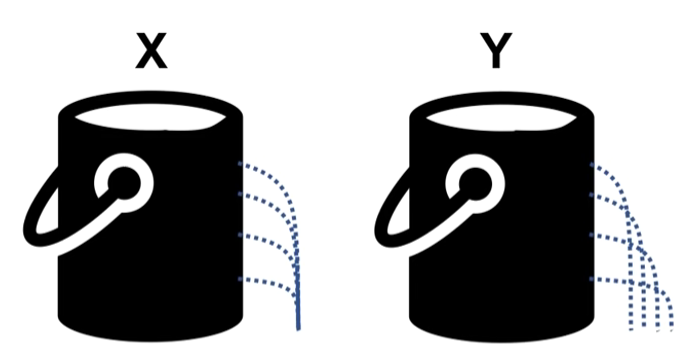Vehicles, such as cars, trucks, motorcycles, bicycles, and boats, do not primarily function through magnetism. Instead, they operate through various mechanical and engineering principles, including internal combustion engines, electric motors, and propulsion systems.
The valve is a crucial component in the hydraulic power unit as it controls the flow of hydraulic fluid and directs it to the desired actuators or hydraulic cylinders.
For petroleum oil, the compression is typically quite small, around 0.5% or less of its original volume, when subjected to a pressure of 70 bar (70 times atmospheric pressure).
In internal combustion engines, a cylinder head gasket is a seal that is inserted between the piston cylinder head and the engine block. Fluids like coolant or engine oil will seep into the cylinders due to a bad gasket. In such circumstances, combustion is hampered and efficiency is decreased.
While liquids do have a small degree of compressibility, the volume change or compression of liquids under low pressures is typically negligible and can be treated as non-compressible in many situations.
The main reason the cable that sends current to an electric iron remains cool is because the electric iron itself converts electricity into heat.
A lever is one of the fundamental simple machines, which are basic mechanical devices that provide mechanical advantage to perform work with less effort.
Flexible couplings, such as universal joints or Oldham couplings, are designed to accommodate a certain amount of misalignment between connected shafts (which could be axial, lateral, or angular in nature). On the other hand, rigid couplings are somewhat constrained because they need perfect alignment between the shafts.
To function as a magnet, a material needs to be ferromagnetic or paramagnetic. Zinc, Copper, and Aluminum are all non-magnetic materials, and they do not possess magnetic properties like ferromagnetic materials (e.g., iron, nickel, cobalt). They are diamagnetic materials, which means they exhibit weak magnetic properties and are slightly repelled by a magnetic field.
The final mark on the barrel indicates a value of 2.5 mm, and we need to add 0.22 mm to it.
It's recommended to stack the lumber in layers separated by little pieces of wood known as "stickers" to prevent warping during the seasoning process. This permits even air circulation, which aids in a consistent drying process and lowers the risk of the timber warping.
The air ventilation in the motor windings becomes obstructed due to the dirt on the windings.
When a fluid (liquid or gas) flows inside a piston, it encounters resistance due to the friction between the fluid particles and the walls of the piston chamber. This resistance results in the development of pressure within the fluid.

When four tiny holes are drilled into the side of bucket Y, the water inside the bucket can flow out through these holes due to gravity. The water level inside the bucket will decrease as water escapes through the holes, allowing it to overflow without spilling over the top.
The key characteristic of a ballistic trajectory is that the only force acting on the object (neglecting air resistance) is the force of gravity. Since gravity causes a constant acceleration, the object's acceleration remains constant throughout its flight.
The most significant distinction between a cell and a capacitor is their function in an electrical circuit.